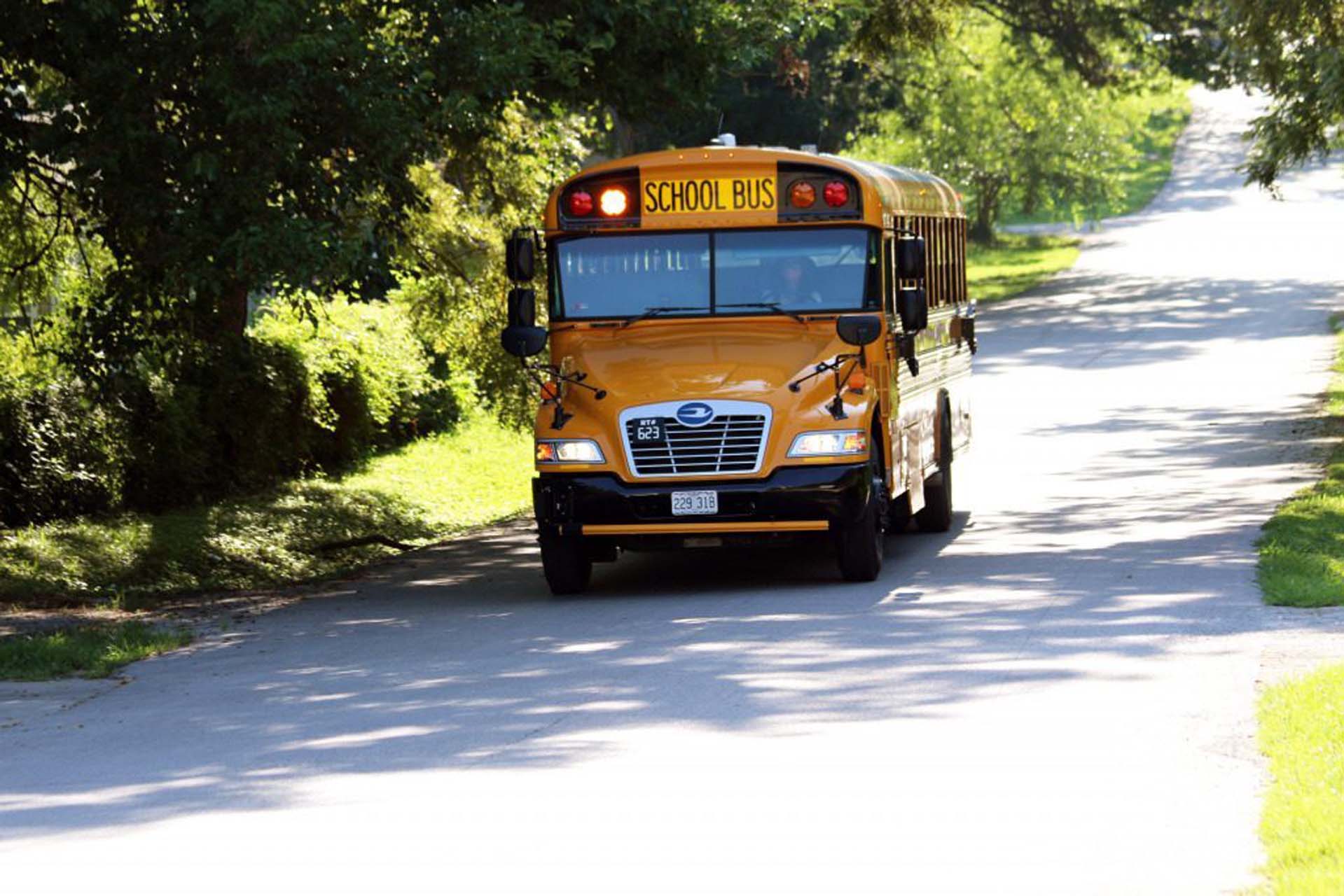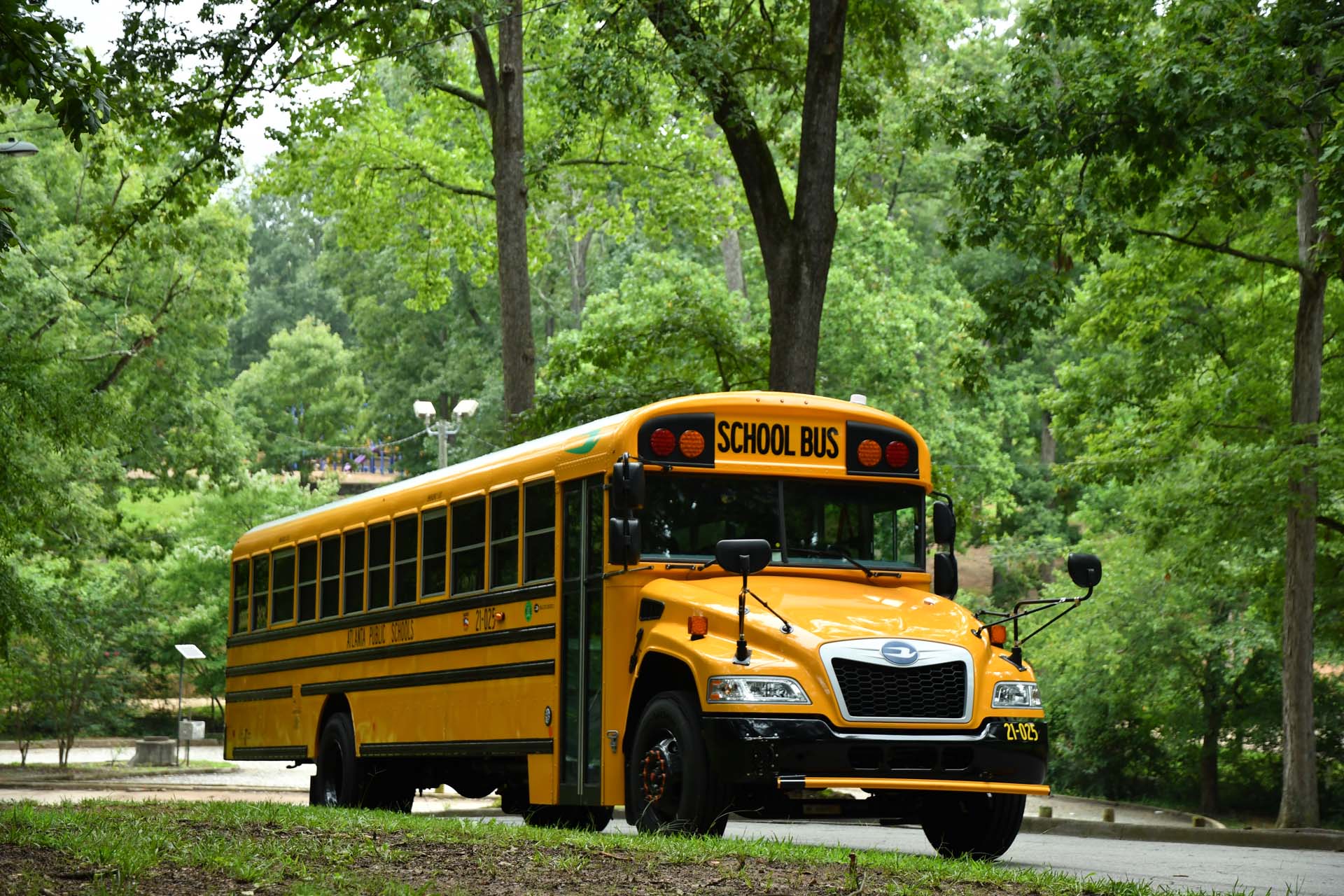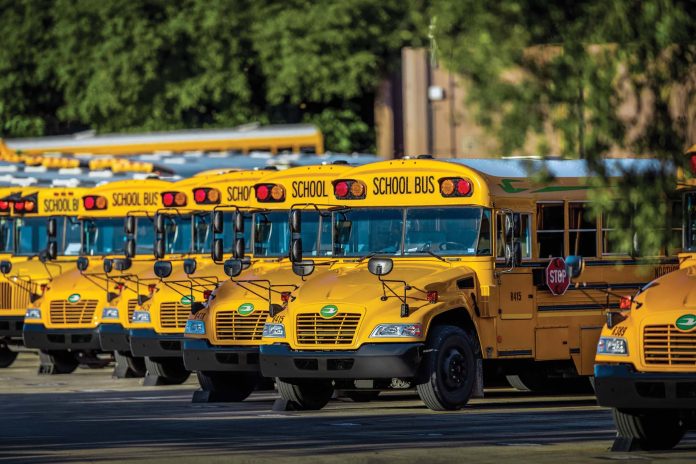For the past decade, school districts have been making changes to their fleets in an effort to provide a cleaner, safer transportation option. Investing in a change like that has required schools to make major decisions about budgets, ease-of-transition and total cost of ownership. The path to zero emissions is wide, but can often come with costs that most districts simply cannot afford.
As emissions standards tighten and community expectations increase, school districts around the country have found that adopting propane school buses has been a helpful and affordable step in the right direction to reducing harmful emissions like nitrogen oxides, particulate matter, non-methane hydrocarbons, carbon monoxide, methane, formaldehyde and nitrous oxide; propane buses happen to be lower than diesel in all measures by 64%.
Today, there are more than 22,000 propane-fueled school buses in over 1,000 school districts across the nation, and that number is growing rapidly.
In Pennsylvania, Bradford Area School District has operated propane school buses for 10 years and now runs 100% of its routes on propane. Bradford Area School District is located in a mountainous region in northern Pennsylvania surrounded by the Allegheny National Forest. For a decade, the propane buses have successfully managed the weather, terrain and wear and tear of daily operation in Pennsylvania.
“The biggest thing we’ve noticed is that the clean operation of the propane buses has reduced the emissions in our garage and around our schools,” said Barry Bryan, director of transportation for the district. “There is far less crude build-up on our computer screens inside of our maintenance bays, which is obviously a plus for our lungs.”
The school district’s newest propane buses, which arrived in 2023, are certified to 0.02 g/hp-hr NOx. They’re 90% cleaner in NOx than the EPA and California Air Resources Board (CARB) regulations set to take effect in 2027.
District officials at Independence School District in Missouri invested seven years of research into clean alternatives to diesel, and ultimately landed on propane autogas in 2020. Closing out the first year operating the new propane buses, district leaders repeatedly heard about the buses’ quieter operation and the cleaner air around them. The economics also looked good with a 70% savings in per gallon fuel costs in 2021. Propane autogas typically costs 50% less than diesel and 40% less than gasoline.

“Both cost and emissions certainly played a role in our looking at propane,” said Daryl Huddleston, the district’s director of transportation. “Although, at the time, the price of diesel was pretty low, clean energy was intriguing and we thought it was a good idea to look at it for the community and district as well.”
Propane autogas is the most widely used alternative fuel in the world, with 27 million propane vehicles operating globally. More than 90% of the United States propane autogas supply is produced domestically using materials that would go to waste if they were not salvaged from other energy processes.
Newport News Public Schools in Virginia is an urban school district that educates approximately 26,500 students and is also the largest employer in the area. The district’s decision to move to propane was based on its commitment to being a good steward for the community. In 2019, the district received the Clean Energy Award from the Propane Education & Research Council for its propane school bus initiative.
“For the past 20 years, Newport News Public Schools has increased its focus on environmentally friendly and practical actions that reduce carbon emissions and ensure energy efficiency,” said Shay Coates, transportation executive director for the district. “The added benefits of economical and environmentally friendly operations, in comparison to diesel, made propane an easy choice for the school district.”
Coates says the district is committed to operating a fully propane-powered fleet. “Propane autogas is the best choice for Newport News Public Schools because it is economical, safer, environmentally friendly and offers many bus maintenance advantages.”
School districts across the country are choosing propane as their leading alternative fuel of choice because it delivers sizable emissions reductions, has a reliable and more affordable infrastructure and offers the lowest total cost of ownership compared to any other fuel type.
To learn more, call 800.59.ROUSH or visit ROUSHcleantech.com.

 Todd Mouw is executive vice president of sales and marketing for ROUSH CleanTech, an industry leader of alternative fuel vehicle technology. Mouw has served as president of the NTEA Green Truck Association.
Todd Mouw is executive vice president of sales and marketing for ROUSH CleanTech, an industry leader of alternative fuel vehicle technology. Mouw has served as president of the NTEA Green Truck Association.
















